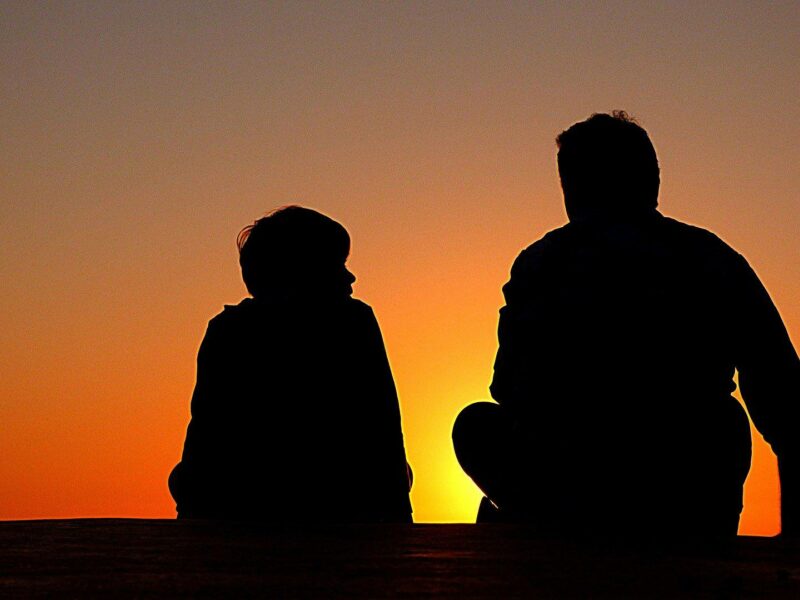Talking to your Kids about COVID-19


In these uncertain times of the COVID-19 pandemic, tensions and anxieties are running high. Everyone has some degree of worry and fear about how the next few weeks and months will play out; and children are no exception.
Although it will most likely be a difficult topic of conversation, talking to your child about COVID-19, how to prevent it and what it means for their lives and their community is very important. Here are some tips to make sure these challenging conversations go over as smoothly as possible.
1) Prepare Yourself –Make sure you educate yourself with reputable sources such as news media outlets, Region of Waterloo Public Health, Ontario Ministry of Health and Government of Canada. If you’re feeling anxiety about the situation, get any support you need from friends, family members or professionals so that you can come to your child calm and collected.
2) Let Them Lead the Conversation –Kids are very intuitive. Even if you haven’t talked to them at all about COVID-19, they’ve heard things from their school or online, or they may even just sense that something is wrong. Find out how much they already know and where they got their information from. If they have been misinformed, gently correct them with the facts and tell them where they can go to get more information. Ask them what questions they have and answer them as best you can.
3) Keep it Age Appropriate –
Elementary School-aged children will be worried about themselves as well as those in their immediate circle; like how the virus will affect their parents’ finances or their grandparents’ health. Be patient and honest while reassuring them that adults are doing everything they can to keep them safe. Offer creative solutions on how they can help like showing them how to properly wash their hands and stop the spread of the virus or suggesting they write letters to isolated seniors in nursing homes.
Middle/High School-aged youth may show their anxiety about COVID-19 by lashing out, misbehaving or using humour. Reassure them that their reactions are normal and be patient with their outbursts. They are also old enough to bring up the discussion of how this virus has brought out certain negative racial stereotypes and prejudices, so you could use this as a learning opportunity. Seek out positive media and ways to help your community together.
4) Stick to Regular Routines – With schools closed for the next few weeks this will be more difficult to follow, but it’s more important than ever. Try to enforce similar wake-up and bedtime routines, make sure they still get dressed every day and spend time outside, and maybe even develop a schedule together with them to talk about screen time, academic time and self-care time.
For more information from other sources, check out the links below:
Children’s Mental Health Ontario (CMHO) – TALKING TO YOUR ANXIOUS CHILD ABOUT COVID-19
WHO Infographic – Helping children cope with stress during the 2019-nCoV outbreak
Psychology Today – Article: How to talk to Kids and Teens about the Coronavirus
Child Mind Institute – Talking to Kids About the Coronavirus
The American Academy of Child and Adolescent Psychiatry – Talking to Children About Coronavirus (COVID19)
CDC – Talking with children about Coronavirus Disease 2019: Messages for parents, school staff, andothers working with children
Instagram Feed
“Having worked at Starling for 26 years, it is incredibly heartwarming when I hear from former clients who reach out to share the success that they attribute to their work with us."












